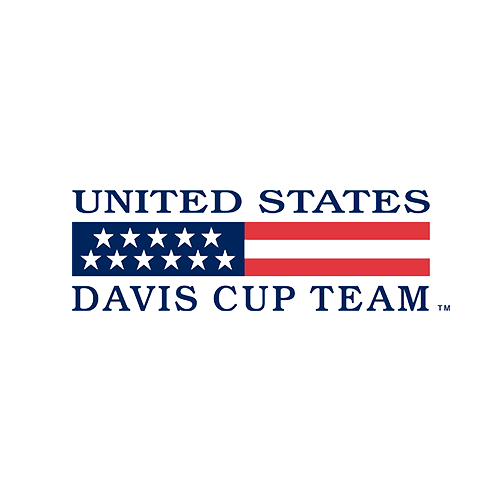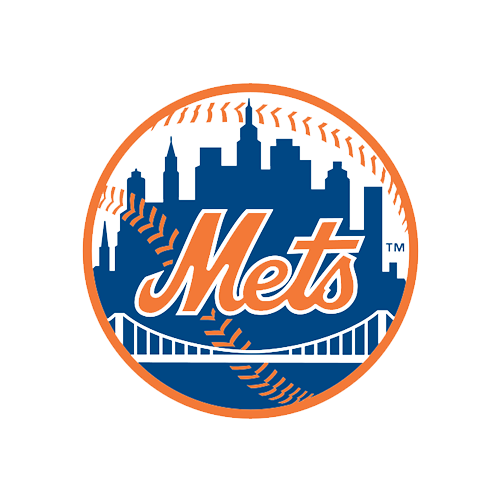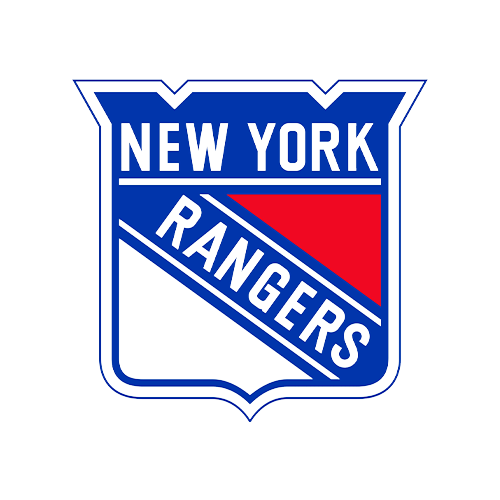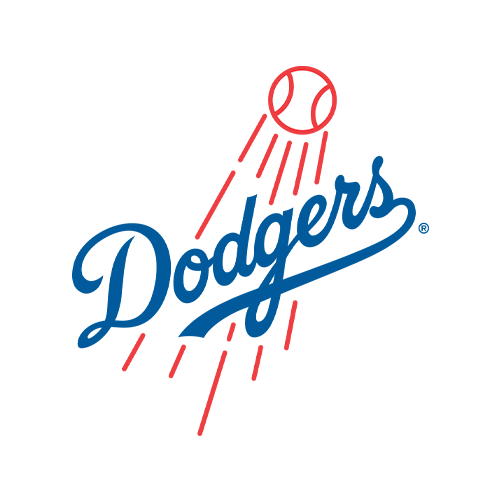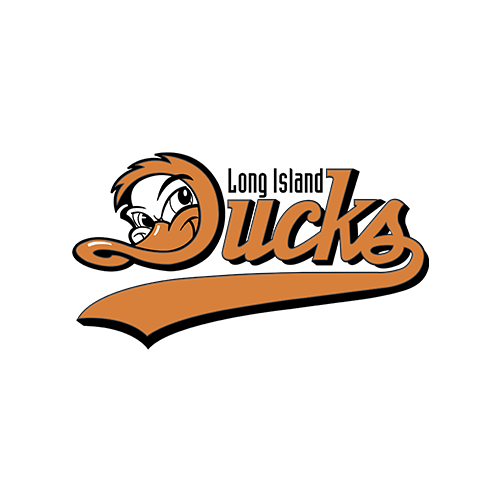Dines Orthopedic provides a broad range of highly specialized Orthopedic Sports Medicine Services. Our team will properly evaluate and treat sports-related and chronic conditions affecting the elbow, knee, and shoulder. Sports injuries are often a result of overuse and wear and tear.
When surgery is required, you can trust that you are in the right hands at Dines Orthopedic. Our surgeons have performed thousands of procedures and improved the lives of countless patients through our comprehensive care.
Joshua Dines, MD
Joshua Dines, MD provides a full range of Sports Medicine services, including surgical and non-surgical treatments for injuries to the shoulder, knee, and elbow. He works with the NY Mets and NY Rangers as well as college athletes, high-school athletes, weekend warriors, and those patients just looking to get back to performing their everyday activities without pain. Together, Dines Orthopedics offers offices in two convenient locations in New York City at Hospital for Special Surgery and in Uniondale Long Island, offering their patients surgical and non-surgical options in both locations.
David Dines, MD
David Dines, MD, has built his practice based on decades of clinical experience and research focusing on the shoulder and related injuries. He is the Medical Director for the ATP World Tennis Tour and has operated on thousands of shoulders throughout his career while publishing many of the most important research articles and textbooks on shoulder surgery.
Insurances We Accept
Oxford/United
BCBS
Cigna
Aetna
Emblem GHI
Emblem HIP Prime and Access plans
*Even if we do not participate with your specific plan, seeing our providers as an out-of-network patient is often possible and our staff is trained to assist you through the process.
*Please note that Joshua Dines, M.D. & David Dines, MD does not accept Medicare or Medicaid.
*We do not accept Workman’s Compensation or No Fault Insurance
*Self Pay Patients: Payment is due at the time of service.
For Credit Card Payments: Please call (516) 482-1037, select option 6 and ask for Linda.
Contact Us!
What Does An Orthopedist Do?
Orthopedics is a medical care field focused on treating injuries within a person’s musculoskeletal system. This system exists throughout the entire body and involves all of the bones, joints, muscles, ligaments, and tendons that you use daily. When any of these parts become damaged, it can become painful and affect your usual range of motion. To treat patients struggling with issues like these, Orthopedists are here to help.
What is an Orthopedist?
Orthopedists are doctors who have studied and are committed to caring for patients with the aforementioned conditions. These professionals take on roles as physicians and surgeons, with the latter’s credentials often including:
- A Bachelor’s Degree
- Attendance of Medical School
- A 5-Year Residency period in Orthopedic Surgery
- Practicing for two years and taking an exam to become acknowledged by the American Board of Orthopedic Surgery
Following this commitment, Orthopedists will often focus their practice on a certain aspect of orthopedic care, such as treatment for foot, hand, or sports-related injuries. At Dines Upper East Side Orthopedics may be able to help you heal by offering specialized procedures for a variety of critical areas. Visit our website to learn more. 
What can an Orthopedist do for me?
The work of an Orthopedist involves providing you with the best possible long-term treatment plan, which can mean:
- Performing diagnosis of orthopedic problems
- Prescribing treatments
- Helping with the rehabilitation process
At first, it is not uncommon for orthopedists to take a holistic approach in resolving a patient’s injuries, as surgery would be considered a more invasive approach. To provide examples of these different approaches, our Upper East Side Orthopedics may be able to provide the following:
- For Shoulder Arthritis, which can cause a decreased range of motion, steroid injections, and over-the-counter medication can be recommended to reduce inflammation. In severe cases, total shoulder replacement can be performed.
- Tendon Injuries can occur in cases of being overused. To help them heal, an orthopedist may advise a plan involving rest, applying ice, compression, and elevation, as well as scheduling physical therapy sessions.
- Suppose a patient is dealing with ACL injuries, usually considered sports injuries. In that case, an orthopedist can guide you through rehabilitative therapy plans like the use of a brace and crutches.
With these treatments, the ultimate goal is recovery. While surgery may be needed in certain cases, such as Elbow Ligament Reconstruction, our doctors are here to support you through our most effective orthopedic services.
When Should I Seek Help from an Orthopedist?
When wondering how severe an injury needs to be to seek out medical support, our Upper East Side Orthopedics welcomes you to contact us if you are experiencing any of the following concerns:
- Stiffness
- Swollenness
- Joint/Muscle Pain
And in certain cases, you may be able to discuss any surgical procedures needed to treat:
- Arthritis
- Sarcomas
- Non-cancerous tumors
And most importantly, it is suggested that even if no serious injury is expected, it can still be beneficial for you to contact an orthopedist for help in minor conditions of discomfort like long-term aching or pain from a prior injury. Ultimately, we are here to help you relieve musculoskeletal pain at any degree of severity to promote your wellness. For scheduling an appointment at any of our three locations, click here.
Our Team and What to Expect
At Dines Orthopedic, you can expect to be welcomed by an experienced Upper East Side Orthopedics who is looking forward to resolving your injury and creating a plan for healthy recovery. our providers, David M. Dines, M.D. and Joshua S. Dines, M.D., are attending surgeons practicing at the Hospital for Special Surgery and have experience treating conditions ranging from:
- Shoulder Arthroplasty
- Reverse Total Shoulder Replacement
- Sports Medicine
- Reconstruction surgery of the shoulder
We will treat each patient’s unique condition with experience treating professional athletes and incorporating innovative techniques with attentiveness and dedication. But what should a person expect when meeting with an orthopedic surgeon? A doctor will most likely approach you with questions regarding your medical history. Depending on the symptoms you are experiencing, you may be asked to perform some tests to confirm a diagnosis. These tests can include X-Rays or MRIs, and following this, they can begin to design the most appropriate treatment plan with you.
Contact Us
If you require Upper East Side Orthopedics and are eager to proceed with the treatments mentioned above, we are here to support new patients at Dines Orthopedics! To learn how to prepare for your first appointment, visit this page on our website.
Tendon Injuries
- Distal Biceps Tendon
- Achilles Tendon
- Quadriceps Tendon
- Patellar Tendon
The knee joint is the largest joint in your body. It connects your thigh bone to the bones in your lower leg and also includes the kneecap. The bones in your knees are joined together by ligaments that help provide stability as you walk and move.
Tendon Injuries
If you’re experiencing swelling, tenderness or pain around a joint, chances are you have injured a tendon. Different kinds of tendon injuries can occur, so you should know about them so you can be aware of them. However, if you do injure a tendon and need an Upper East Side Orthopedics, Dines Orthopedics is here for you so that you can move freely without pain.
Upper East Side Orthopedics
Dealing with a tendon injury can be stressful, especially when different types of injuries can occur. At Dines Orthopedics, we can figure out what kind of tendon injury you may have and give you the care you need. If you or someone you know is looking for an Upper East Side Orthopedics, we are here for you. Please visit our website to learn more about us. Do not wait any longer; contact us today!
Tendonitis
Tendonitis is one of the most common kinds of tendon injuries that people sustain. In general, this condition is a type of inflammation and irritation in the tendon that can be caused by a sudden injury or, more commonly, repetitive movement or stress that results in micro-tears.
Stress on tendons depends on many risk factors, such as sports performance, extreme physical effort, the number of repetitive or forceful movements in one’s job, pre-existing conditions like arthritis, and age.
This tendon injury, while most often occurring in the shoulders, elbows, wrists, knees, and ankles, can occur in many places of the body, and the following conditions are just some of the many forms of tendonitis:
- Golfer’s elbow
- Tennis elbow
- Swimmer’s shoulder
- Pitcher’s shoulder
- Jumper’s knee
- Achilles tendonitis
- Tibial tendonitis
- Peroneal tendonitis
- Flexor tendonitis
Symptoms
No matter the placement on the body, the general symptoms of tendonitis are as follows:
- Pain when moving a joint
- Mild swelling
- Tenderness
Treatment
If you believe you have tendonitis, you should consult an orthopedic specialist to get a diagnosis. If you are diagnosed with tendonitis, you will be given a treatment plan designed by your specialist for the specific joint affected and your needs as a patient. You may be wondering, “What kind of treatment can I expect for tendonitis?” Here are some potential treatment options for tendonitis:
- Medication: Different medications, such as pain relievers, corticosteroid injections around the tendon, and platelet-rich plasma (PRP) treatment within the affected area, can help reduce tendonitis pain and irritation. These treatments are often used for chronic tendon conditions but help tendonitis as well.
- Physical Therapy: Different exercises and stretches, such as eccentric stretching to mobilize and lengthen muscles, can also help tendons heal as they strengthen your muscles. Many tendon conditions can be treated with physical therapy, and it is considered to be the first option for treatment.
- Other procedures: Other kinds of treatments, such as ultrasound to remove scar tissue, dry needling to stimulate tendon healing, and surgery for more severe tendonitis cases, may be used if physical therapy has not resolved your tendonitis.
It is also important to rest your injured tendon, so you do not strain it further and cause more injury.
Tendinosis
Tendinosis is a more severe form of tendonitis that can result from untreated tendonitis and/or chronic use of a tendon. Instead of inflammation of the tendon from micro-tears, the tendon tissue itself is degrading.
Because tendons need more time to heal than other parts of the body, chronic overuse slows down healing time and leads to tendinosis. The condition can occur for the following types of people:
- Older or middle-aged people
- Those who exercise vigorously/without enough rest in between workouts
- Those who perform repetitive tasks
- Those who left tendonitis untreated
- Those with poor posture
- Those who do not wear proper footwear
- Those who have tight calf muscles
Symptoms
Symptoms of tendinosis that you should watch out for include:
- Pain in tendons while moving or touching them
- Restricted movement and stiffness in the area
- A tender lump in the area (in some cases)
Treatment
Tendinosis treatment can be determined by an orthopedic specialist who can determine the main goals of treatment, which are usually to prevent further injury, reduce pain, and thicken the affected tendon. If you think you may have tendinosis, you may be wondering about the kinds of treatments that accomplish these goals. Some recommendations for tendinosis treatment include:
- Resting the tendon
- Taking breaks from repetitive tasks
- Practicing ergonomics with different keyboards and chairs
- Wearing a brace
- Taking pain medications
- Physical therapy
- Performing light stretches
- Eccentric stretches/exercises
- Massage therapy
- Taking vitamin supplements for collagen production in the tendon
Tendon Rupture
A tendon may tear when there is an extreme amount of pressure or force placed on the tendon. This kind of tendon injury most commonly occurs in the quadriceps, Achilles tendon, rotator cuff, and biceps. All of these areas have different causes for their injury, but generally, tendon ruptures are caused by:
- Trauma to the tendon
- Advancing age
- Excessive pressure
- Steroid injections
- Antibiotics like fluoroquinolones
Symptoms
People with specific diseases, such as hyperthyroidism and gout, and type O blood are also more susceptible to tendon ruptures. General symptoms of a ruptured tendon to look out for include:
- A snap or pop in the area upon injury
- Severe pain
- Immediate or quick bruising
- Weakness in the area
- Inability to move or bear weight in the area
- A deformity in that area
There are also specific injuries that relate to different parts of the body, so knowing these symptoms is important so you can describe them to an orthopedic specialist.
Treatment
You should go to an orthopedic specialist for treatment due to different treatments being used for the severity of the injury and different ruptured tendon injuries. Your specialist will be able to determine the best course of action for you.
However, if you think that you have a ruptured tendon, you may be curious as to what kinds of treatment you can expect. Here are some typical treatment plans for ruptured tendons:
- Pain medication: NSAIDs like ibuprofen can reduce pain and swell in the affected area. You should ask your doctor about these medications before taking them, especially if you are on a blood thinner. Acetaminophen can also help decrease pain.
- Immobilization: In cases where the function is not severely impaired or surgery is considered risky, your specialist may put you in a cast for at least four weeks. If you show signs of movement without pain or discomfort, you may be able to continue treatment without a cast.
- Physical therapy: Your orthopedic specialist may recommend physical therapy techniques, such as stretches and exercises, to treat your ruptured tendon once the pain and swelling have subsided. Physical therapy helps restore function and strength in the tendon.
- Surgery: In more severe cases, surgery may be the best option. This treatment method is usually necessary if the tendon has completely separated from the bone.
ACL Injuries
ACL injuries are typically the result of sports-related activity, either from impact or quick lateral movements. The ACL is one of the four ligaments in the knee, and injuries to this ligament often require surgical reconstruction. Tears to the ACL can occur from either non-contact athletic activity or through sudden impact to the knee. If left untreated, this injury can lead to decreased stability and control in the knee and damage to the other ligaments. There are non-surgical approaches to mending an ACL injury, but ACL reconstruction is required in severe cases. Visit our Upper East Side Orthopedics for your ACL injury today!
Treatment for ACL injuries begins with weeks of rehabilitative therapy. During this time, you may also wear a brace to stabilize your knee and use crutches to avoid putting weight on your injury. In severe cases of ACL tears, the ligament needs to be rebuilt, not merely repaired. This procedure involves taking a tendon graft from elsewhere in the body (patella tendon, hamstring tendon) and fixing the graft in the usual ACL location. Arthroscopic surgery techniques allow for smaller incisions to be used. An athlete can usually return to their sport 6-9 months after their surgery. Our team at Dines Orthopedic has treated many patients for this injury, and we utilize a comprehensive approach to care to treat each individual’s specific needs.
Mencius Tears
Have your knees been swelling up recently, and it’s uncontrollable? You may be experiencing a “Meniscus Tear,” a tear that occurs in the knees due to high impact contact, aging, and wear and tear. Whether you are a sports enthusiast, a gym devotee, or just a regular 9-5 working individual, you can experience this injury. Come by Dines Orthopedics today and see how we can provide the best Upper East Side Orthopedics!
What is the meniscus?
The meniscus is a piece of cartilage that provides the cushioning between your femur (being the thigh bone) and the tibia (being the shinbone). Each knee joint has two menisci.
Causes of a Meniscus Tear:
A torn can happen from activities that apply direct contact or pressure from a forced twist or rotation. A sudden turn lift or deep dive can lead to injury. Many athletes are at risk of a meniscus tear. Often high impact sports can lead to a higher risk injury, sports such as:
- Football
- Basketball
- Soccer
- Tennis
A study from Boston’s Children Hospital indicates that these tears are increasingly common in children. Children are eagerly participating in organized sports from an early age and continuing into their adolescent years, which ultimately puts stress on the body when training. Age plays a factor in the weakening of the meniscus due to wear and tear. Tears are also very common in people over the age of 30.
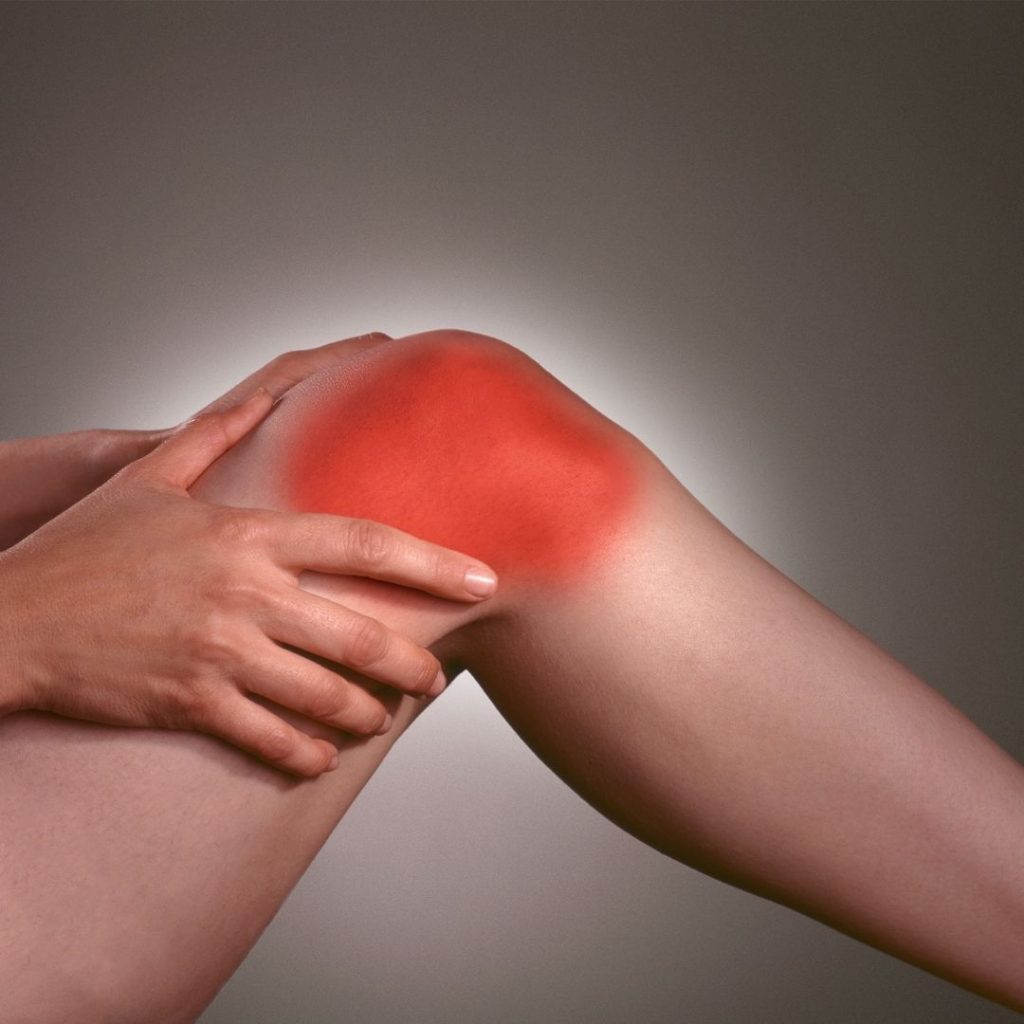 Symptoms of a Meniscus Tear
Symptoms of a Meniscus Tear
Just as with any injury, there are always signs and symptoms when a tear occurs. Some symptoms that may appear are:
- Popping sound around knee joints
- Pain – specifically when touched
- Swelling
- Inability to move in the full range of motion
- Knees locking or catching feeling
- Feeling that the knee is unable to support you
- Slipping or popping sensation
Treatment Options
We know not any injuries are the same, so therefore no treatment plan is the same. Initially, the knee injury should be treated and cared for with a conservative approach. For instance,
- Resting your knee is highly important to avoid a worsening situation.
- Ice the knee every three to four hours for 30 minutes
- Compress or wrap the knee to reduce any inflammation
- Elevate the knee to reduce any swelling
- Medication to help reduce pain or swelling
- Physical therapy to strengthen mobility and stability
If conservative, non-invasive treatments have no effect or progression, the doctor can always recommend “Arthroscopic Surgery.” This procedure consists of the surgeon going into the knee by making a small incision and utilizing a camera and tools, and repairing the severe damage. This all takes about an hour, and you can go home the same day. Recovery time usually takes about a few weeks. With proper care and physical therapy, you can regain your strength and mobility. But keep in mind risks are always there.
Preventing a Meniscus Tear
These injuries are usually difficult to prevent being the way they occur. But, some prevention methods are:
- Conduct regular exercises
- Warm-up with light activities before exercises
- Give the body a rest between workouts
- Maintain flexibility
- Make sure to wear appropriate footwear
Contact Us For Upper East Side Orthopedics
At Dines Orthopedics, we set out to provide the best care and treatment plans catered to you. Our team includes a well-known and well-educated staff offering both surgical and non-surgical options. Surgeons, David Dines and Joshua, Dines both are here to provide a broad range of Orthopedic Sports Medicine services. Check us out today and see how we can help you with the best course of action in treating a Upper East Side Orthopedics. It doesn’t get better than us! Contact us today!
Past & Present Teams and Affiliations
Patient Testimonials





